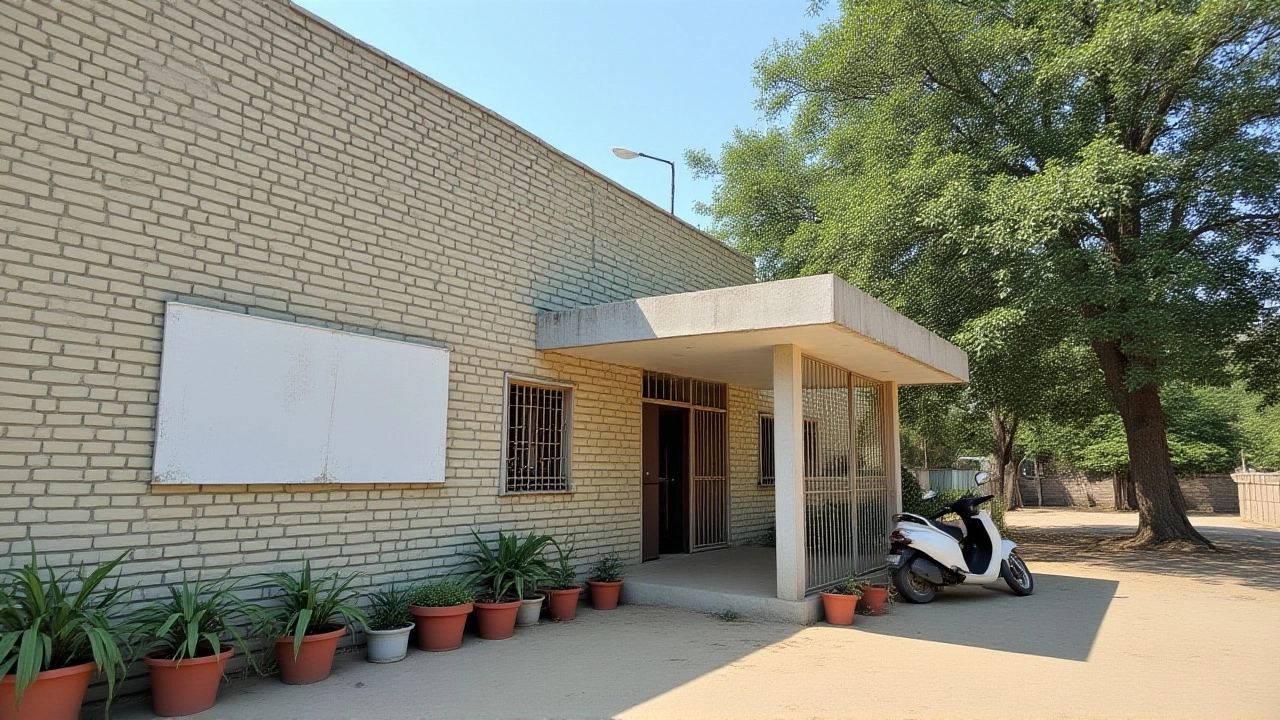Admission Violations: What They Are and Why They Matter
When talking about admission violations, any breach of required rules during school, college or university entry procedures, you’re looking at a mix of dishonest tactics, missing paperwork, and ignored deadlines. Also known as entry infractions, these breaches can damage a student’s future and put institutions at risk. In short, they happen when the rules that safeguard fair access are skipped or twisted.
Common Forms of Admission Fraud
Admission fraud, the deliberate manipulation of application data to gain unfair entry is the most visible violation. It includes forged marksheets, false age proofs, and bribed officials. When fraud creeps in, the whole selection process loses credibility, and honest applicants end up competing on an uneven field. This type of breach directly requires strict document verification to catch inconsistencies before decisions are made.
Another key piece of the puzzle is eligibility criteria, the set of academic, age, and residency standards set by the admitting body. Violating these standards—like submitting a student for a course they don’t meet the prerequisites for—creates a ripple effect. Schools may later have to repeat courses, and students can face academic setbacks. The link is clear: admission violations encompass eligibility breaches, and fixing them starts with clear, published requirements.
The counseling process, the stage where candidates receive guidance and allocate seats based on merit and preferences is another hotspot for misconduct. When counselors accept extra fees to shift seats, or when seat allotment data is tampered with, the whole merit‑based system collapses. This stage requires transparent algorithms and real‑time monitoring to keep it honest.
Legal fallout is the final piece of the story. Legal consequences, penalties ranging from fines to criminal charges for those caught breaking admission rules act as a deterrent. Courts have upheld that institutions must follow the eligibility criteria and ensure the counseling process is free from fraud. When violations are proven, students can lose their seat, scholarships can be revoked, and officials may face prosecution.
All of this falls under the watch of the education board, the governing authority that sets policies, monitors compliance, and enforces sanctions. The board’s role is to generate guidelines that close loopholes and to launch audits when red flags appear. Their oversight influences how admission fraud is detected and how eligibility is enforced, creating a tighter safety net for the entire ecosystem.
Below you’ll find a mix of real‑world examples, policy updates, and expert opinions that dive deeper into each of these aspects. Whether you’re a student, a parent, or an administrator, the stories ahead will show how these violations show up, what’s being done about them, and what you can watch out for in the next admission cycle.

Over 1,600 Private Schools Cited for RTE Admission Violations in Haryana, Gujarat & Punjab
Over 1,600 private schools in Haryana, Gujarat and Punjab face show‑cause notices for breaching RTE admission rules, threatening free education for thousands of EWS children.
Read More